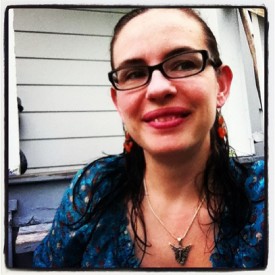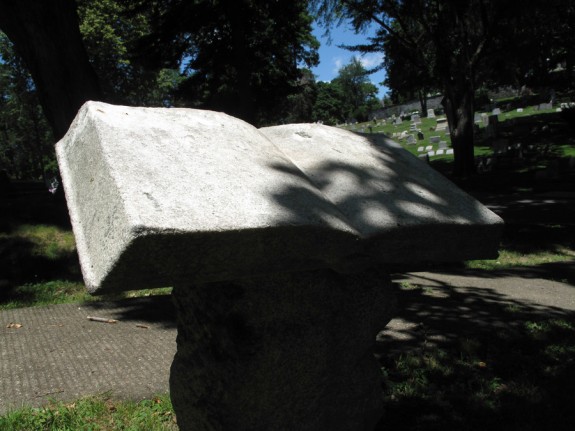You’ve been slaving for months, maybe years, writing 1000 words a day or fitting in a few paragraphs whenever you have a spare moment. You’ve written and rewritten scenes, sections, chapters to get them just right, spent hours researching the cultural habits of obscure tribes in the Amazon (or wherever your inspiration came from), all for the sake of detail and accuracy. And now you have it. 93,000 words, plus or minus. Maybe you printed it out. Your beautiful, final draft.
Now what?
You could start querying publishers or agents. You could skip the query phase and go straight on to self-publishing. Or you could hire a freelance editor. Why? You’ve worked so hard and for so long. Surely someone will see the potential in your masterpiece. What do you need to hire an editor for?
You’re Not Objective
As a freelance editor and former intern for both an agent and a publishing company, let me tell you something that I hope you already know. You’ve got to put your best, most polished draft out there in order to get picked out of the slush pile. How can you be sure you’re putting your best work forward if you haven’t shown it to anyone yet?
Maybe you’ve shown your manuscript (your shape-shifting demon romance novel, your non-fiction treatise on the mating habits of freshwater clams) to your boyfriend, or best friend, or to your sister who reads a lot. Maybe they loved it! That’s great. Showing your work to people you care about is a great first step. But you need to have someone who’s not invested in you emotionally, and who knows a thing or two about structure and style, look at your manuscript before you decide it’s ready for the unforgiving public.
Many authors seek out critique partners, other writers who are also in the throes of manuscript creation, to get some more focused and objective feedback. These crit groups are awesome for honing drafts zero through eight of your masterpiece. You get solid feedback and you get a chance to give it as well. So now your manuscript is perfect, right?
Even your fabulous critique partners are too close to be entirely objective. After all, they’ve read the manuscript a thousand times and seen it go through so many changes. Spotting any remaining issues requires a professional set of fresh eyes and perspective.
The Publishing Industry is Glutted
Trust me. I’ve seen the slush pile. It was because of my experience with the slush pile that I decided to become a freelance editor. As an intern, I sent more than a few of those rejection e-mails myself. Egregious spelling errors, grammar-confused sentences, lack of organization, an unintentionally compressed timeline, plot holes a mile wide… More often than not, I thought that if only this author had shown their manuscript to someone—to anyone—I wouldn’t be here sending this e-mail, dying a little inside at the thought of crushing a fellow author’s dreams of being published. Whenever allowed, I made sure to add in that little bit of feedback.
A Freelance Editor Can Help
A freelance editor can give you insights into your writing that you may not have realized you needed. You’ve been working on this manuscript for too long. You’re too close to it to see where it still needs work.
Professional editing is about more than making sure that all your i’s are dotted and all your t’s are crossed. In the next post we’ll go into more detail about the different types of work a freelance editor can do for you based on your manuscript’s needs.
We freelance editors have only one vested interest: our clients. We’re not looking to break the next 50 Shades of Grey or Harry Potter. We’re not considering the percentage of royalties we get from a book on The New York Times Best Seller list. We’re in this business because we love reading. We want you, the author, to find your best, most authentic voice and share it with the world.
There are a glut (a superfluity, an excess, a plethora) of narratives out there today vying for the attention of the masses. Hiring a freelance editor can give yours an extra boost.
………………………………………..
 Elisabeth Kauffman is a freelance editor in California. Her favorite genres are YA fantasy, sci-fi, and romance. She regularly obsesses over board games, Doctor Who, and Harry Potter. Come share your ideas with her on Facebook and Twitter–@WritingRefinery–and on the web at www.writingrefinery.com
Elisabeth Kauffman is a freelance editor in California. Her favorite genres are YA fantasy, sci-fi, and romance. She regularly obsesses over board games, Doctor Who, and Harry Potter. Come share your ideas with her on Facebook and Twitter–@WritingRefinery–and on the web at www.writingrefinery.com







